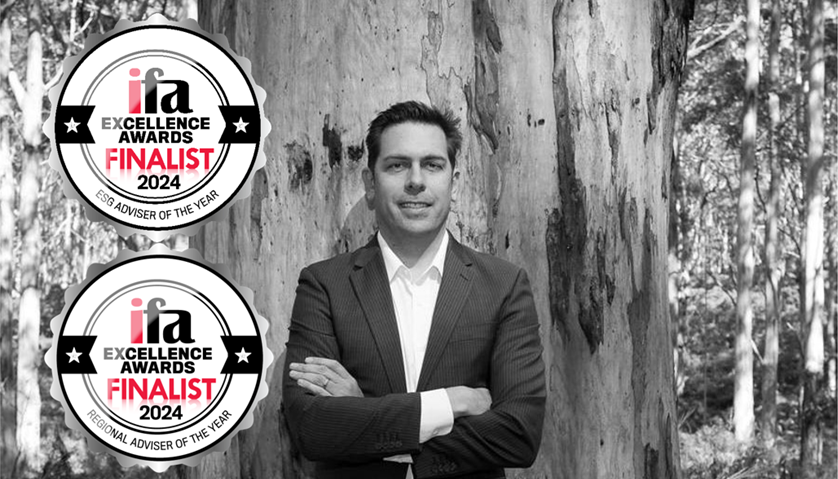Woodside Petroleum chairman Michael Chaney has told shareholders at the company’s annual general meeting in Perth that the Climate Advocacy Fund is a “ginger group”* in response to a resolution seeking disclosure of carbon pricing assumptions used by the company in evaluating projects and assessing the impairment of assets.
* A ginger group is a formal or informal group within an organisation seeking to inspire the rest with its own enthusiasm and activity. A ginger group actively works for more radical change to the policies, practices or office-holders of the organisation, while still supporting the general goals of the organisation (Source: Wikipedia.)
Here’s the story from the Climate Institute/ Australian Ethical Investments:
Woodside and many superannuation funds fail on carbon disclosure issue
“Disappointingly, some super funds who claim to have strong environmental credentials or are signatories to the UN Principles of Responsible Investment did not support the resolution,” said Julian Poulter, The Climate Institute’s Business Director.
“Even more disappointingly, some super funds, who are signatories to the Carbon Disclosure Project which advocates this kind of disclosure, did not ‘walk the talk’ and voted against the resolution.”
“The largest Woodside shareholder Shell has disclosed its carbon price assumptions to its own shareholders whilst shareholders of Woodside have failed to join the dots and demand greater visibility of climate risk.”
“The bottom line is that this is a very bad day for Australian super funds and their members who still don’t know what risks are in the Woodside black box.”
The Climate Advocacy Fund resolution was seeking to mandate board disclosure to shareholders of the carbon price assumptions that Woodside so heavily relies on for project evaluation and in assessing the value of oil and gas assets and accounting for future carbon prices.
The resolution received key support from the Australian Council of Superannuation Investors (ACSI) who recommended that their members support the resolution. The resolution was also supported by major super funds including Local Government Super and industry super fund MTAA. Internationally it was supported by F&C Asset Management.
“The investment community has sent a strong message to Woodside that they want greater disclosure” said Mr Poulter.
James Thier, Executive Director of Australian Ethical Investment, said: “This was a positive result for the Climate Advocacy Fund. Whilst we are disappointed that more Australian super funds didn’t vote in favour, the resolution received support from a number of influential investors, advisers and investor groups.”
“This was Australia’s first climate change resolution – though I have no doubt that it will not be the last. There is no more important issue to elevate into the boardrooms of companies. What it also shows, though, is how shareholder democracy can function positively in Australia.
The Climate Advocacy Fund is now formulating climate change resolutions for the next reporting season.
www.climateadvocacyfund.com.au, April 2011





